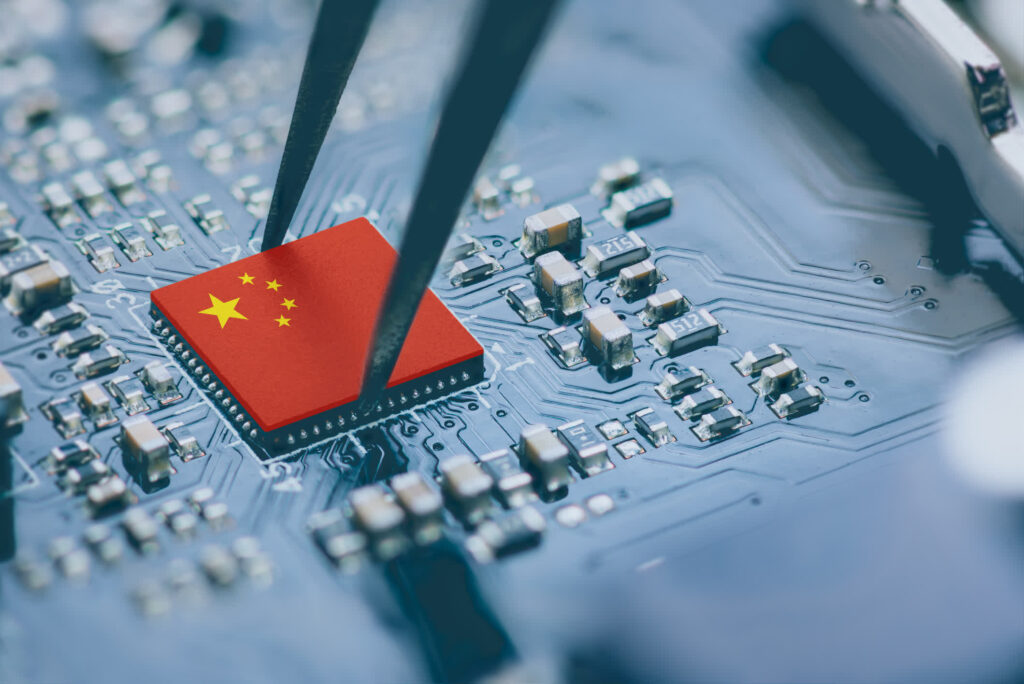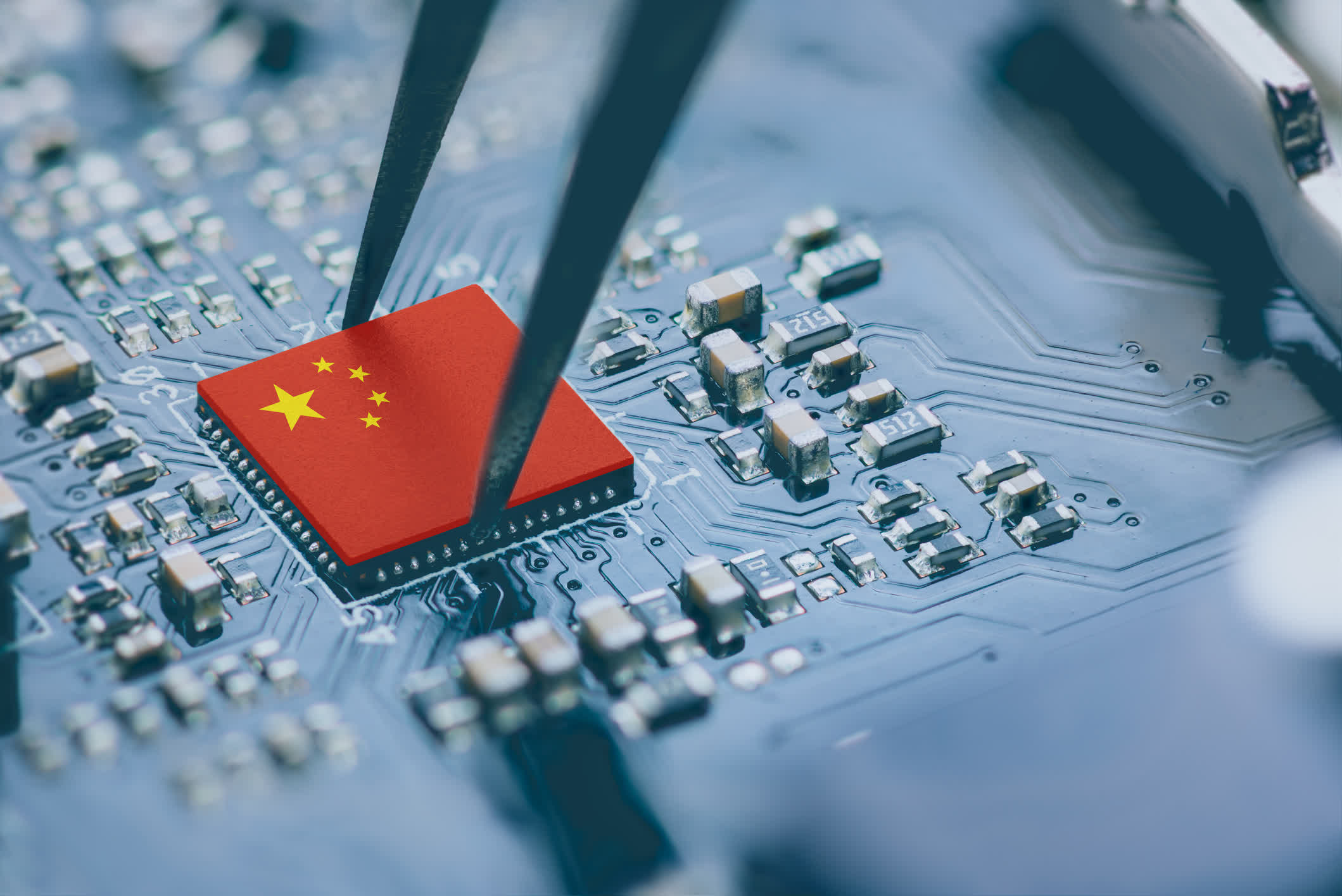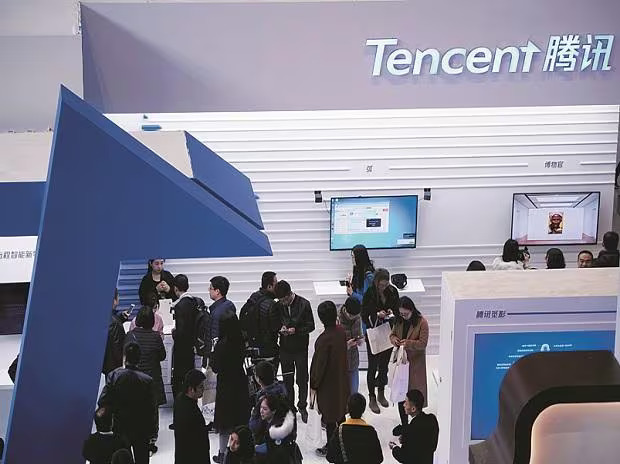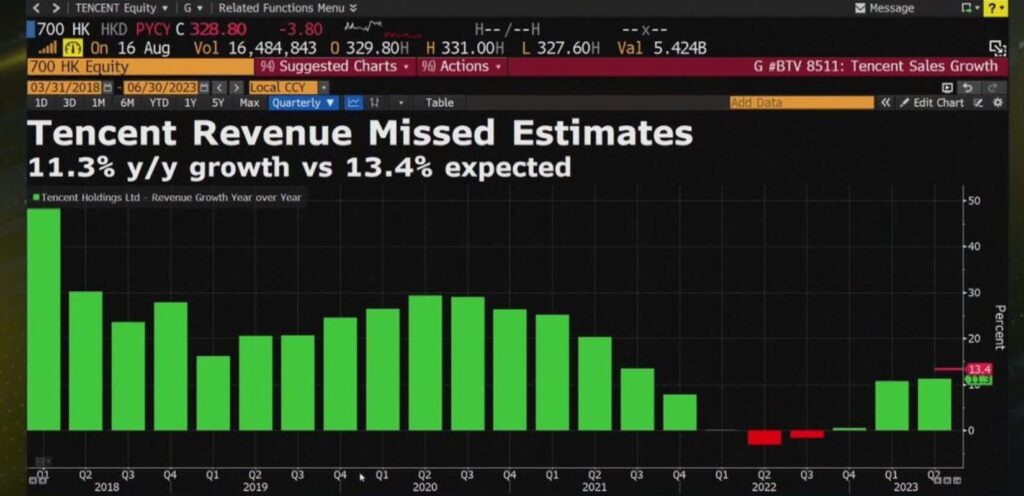Tesla China Price Hike With Competitors Cuts the Price
In a surprise move that is a sharp departure from industry trends, Tesla has announced a significant price increase for its vehicles in China, setting itself apart from price cuts by other carmakers in the world’s largest auto market. Is done. The decision comes at a time when the electric vehicle (EV) sector is witnessing intense competition, with manufacturers competing for market share through aggressive pricing strategies.
Tesla's Bold Strategy Amidst Fierce Competition

Image Source: hindustantimes.com
Tesla, the EV giant known for its innovative technology and market-leading electric vehicles, has raised the prices of its cars in China by as much as 5%. This adjustment is seen as a bold strategy, especially considering the current economic environment and the aggressive pricing tactics adopted by other automakers to attract consumers.
Industry analysts speculate that Tesla’s decision could be attributed to several factors, including rising production costs, supply chain challenges, and the company’s confidence in its brand and product superiority. “Tesla’s move is unconventional in the current market climate,” stated an automotive industry expert. “It reflects their positioning of the brand as a premium offering, despite the broader industry’s race to lower prices.”
Rival Carmakers Slash Prices to Capture Market Share
In stark contrast, several of Tesla’s competitors have announced significant price reductions for their EV models in China. These price cuts, ranging from 10% to 15%, are aimed at capturing a larger share of the rapidly growing Chinese EV market, which is seen as critical for global automotive players.
Companies like BYD, Nio, and Xpeng, among others, have been at the forefront of this pricing strategy, leveraging lower costs to entice a broader customer base. The price war reflects the intense competition within the Chinese EV market, where local manufacturers are increasingly challenging established global brands like Tesla.
Consumer Response and Market Implications
The reaction from Chinese consumers to Tesla’s price hike and the subsequent price cuts by other carmakers will be closely watched. Consumer preferences in China have been evolving, with a growing emphasis on value for money, technological innovation, and environmental sustainability.
The differing strategies between Tesla and its rivals highlight a broader debate within the automotive industry on how to balance brand positioning with market competitiveness. Tesla’s price increase could either reinforce its premium image, leading to sustained or increased demand among its target consumers, or it could drive potential buyers towards more competitively priced alternatives.
Looking Ahead
As the EV market in China continues to expand, the strategies employed by Tesla and its competitors will be crucial in shaping the future landscape of the automotive industry. With the Chinese government’s support for electric vehicles and the increasing importance of the Chinese market on the global stage, the outcomes of these pricing strategies will provide valuable insights into consumer behavior, market dynamics, and the evolving competition between leading EV manufacturers.
In conclusion, Tesla’s decision to increase prices in China amidst a wave of price cuts by competitors marks a significant moment in the automotive industry, highlighting the complexities and strategic calculations involved in competing in the world’s largest car market.










